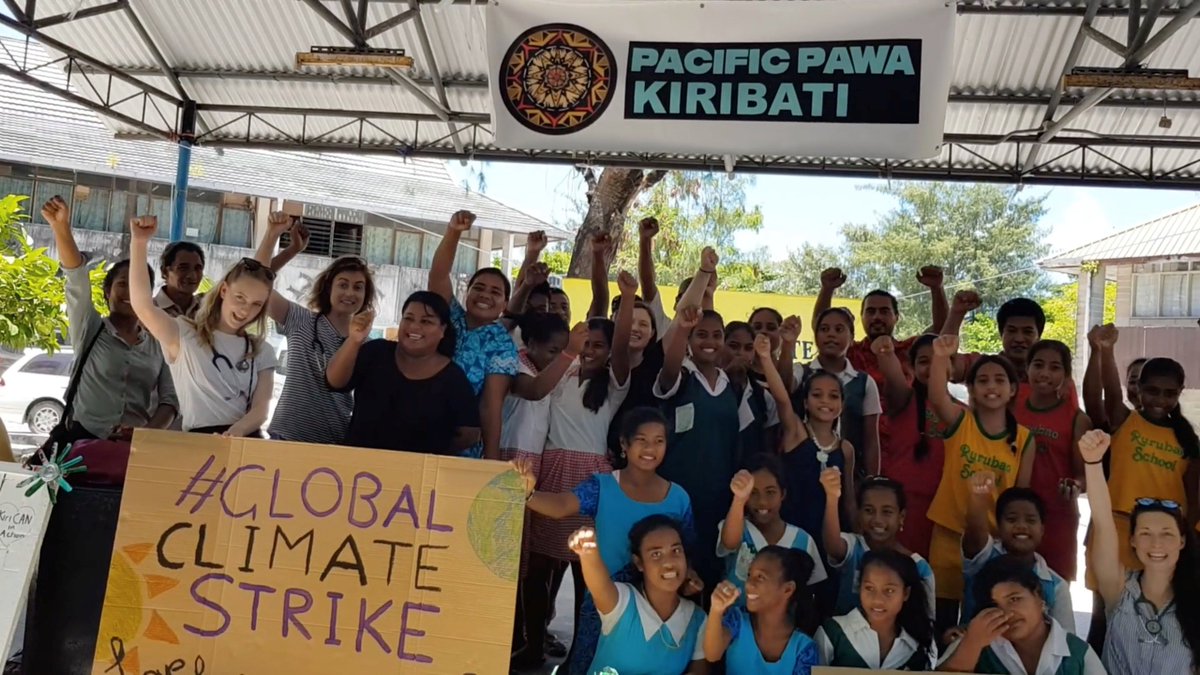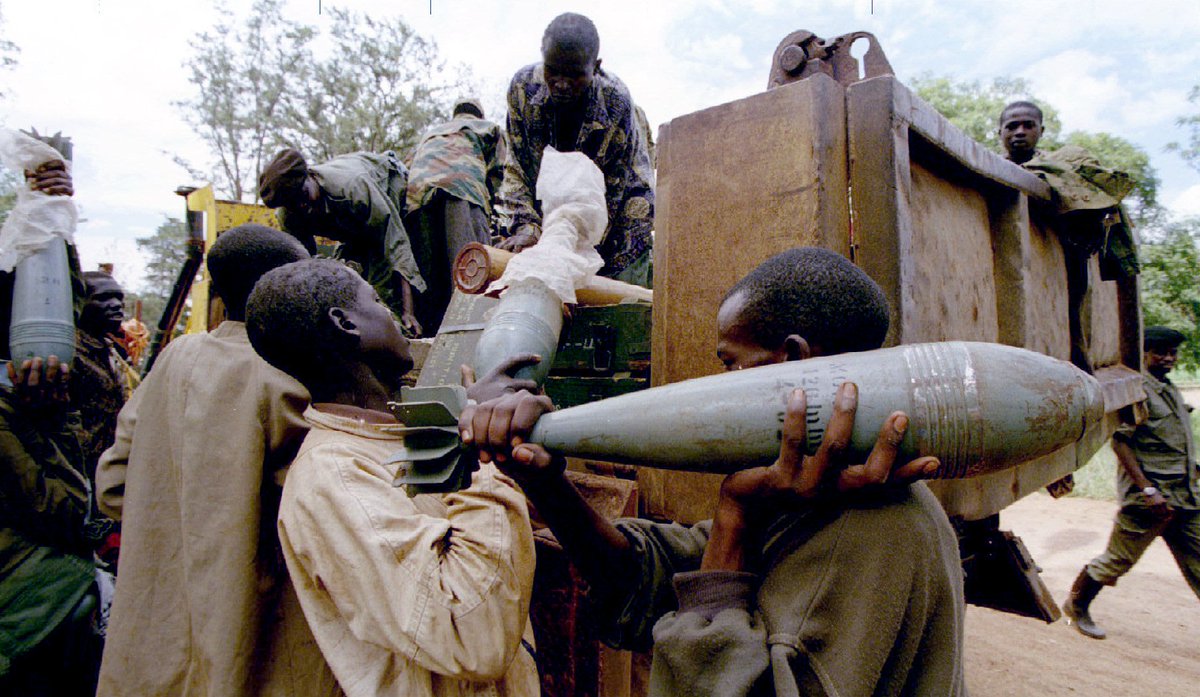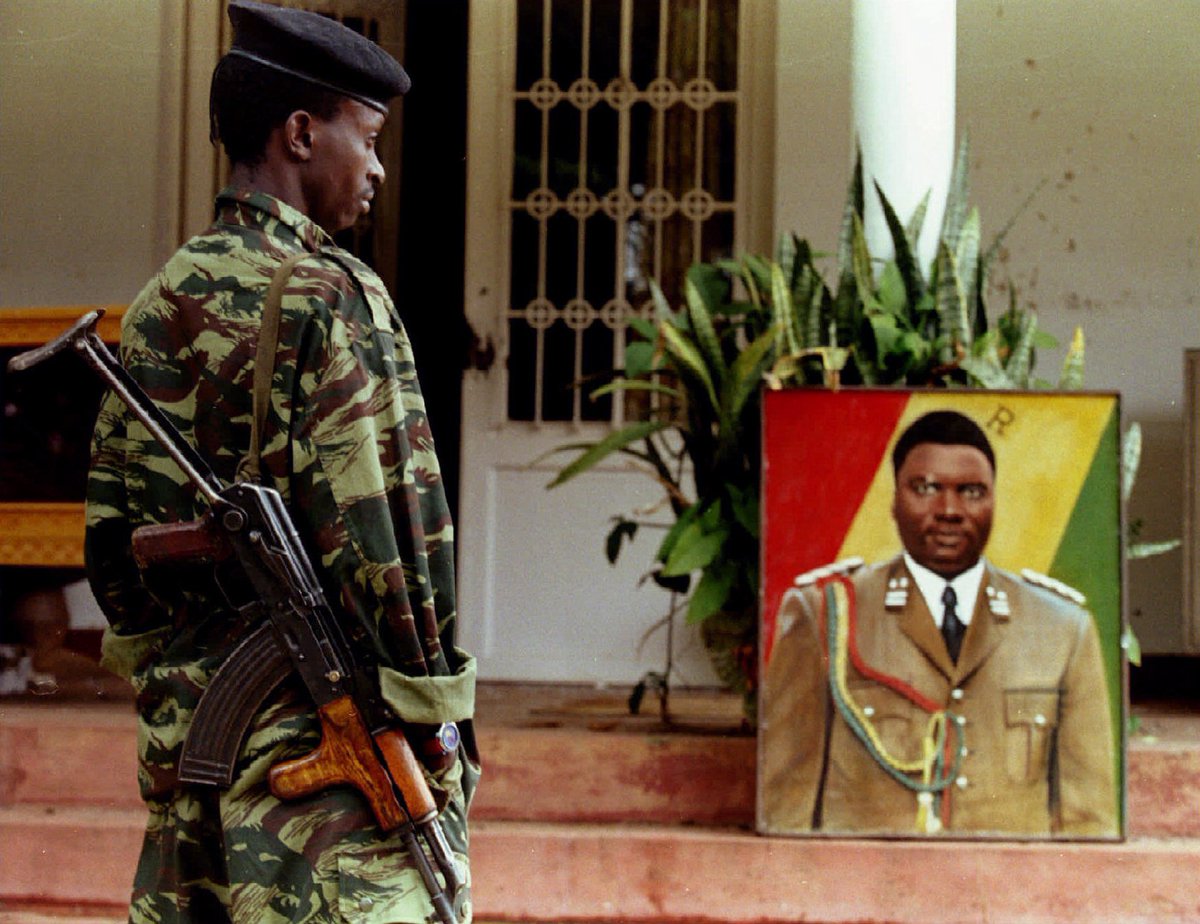
Amazon has a “shadow workforce” in Mexico.
In a 6-month investigation into Amazon's labour practices in the country, 15 former contract workers we spoke to alleged mistreatment and unfair dismissal after being recruited through labour agencies.
Here's what we learned 🧵
In a 6-month investigation into Amazon's labour practices in the country, 15 former contract workers we spoke to alleged mistreatment and unfair dismissal after being recruited through labour agencies.
Here's what we learned 🧵

Since opening its first Mexico warehouse in 2015, Amazon has grown rapidly by relying on subcontracted workers.
According to an estimate by workers, two-thirds of Amazon's Mexico warehouse workforce is currently outsourced to contractors.
According to an estimate by workers, two-thirds of Amazon's Mexico warehouse workforce is currently outsourced to contractors.

Interviews with workers, copies of pay slips, and WhatsApp messages from Amazon HR reveal that many had to work overtime beyond legal limits while others were let go without severance, forced to resign, or laid off after falling ill with COVID-19.
longreads.trust.org/item/Inside-Am…
longreads.trust.org/item/Inside-Am…
"Hi guys, good afternoon, letting you know that ALL OF YOU have MANDATORY overtime on Saturday" read a WhatsApp message from Amazon HR in one worker group.
"NOTE: Remember that when it's mandatory overtime and you don't come it counts as an unjustified absence."
"NOTE: Remember that when it's mandatory overtime and you don't come it counts as an unjustified absence."

Overtime was often mandatory, with employees made to work beyond legal limits, sometimes up to 60 hours a week, according to testimony from nine workers and WhatsApp messages from Amazon. 

Mexico's workforce is mostly informal and low-paid.
Many of the workers we spoke to said they saw the difficult working conditions and long hours as a means to the end of potentially obtaining an Amazon “blue badge” and staff status, including benefits and job security.
Many of the workers we spoke to said they saw the difficult working conditions and long hours as a means to the end of potentially obtaining an Amazon “blue badge” and staff status, including benefits and job security.

Jaime Hidalgo was one of them.
After six months as a contractor, he was relieved to get the company’s “blue badge”, making him a member of staff.
But within weeks he was fired when a stomach bug meant more bathroom breaks and less time on the warehouse floor.
After six months as a contractor, he was relieved to get the company’s “blue badge”, making him a member of staff.
But within weeks he was fired when a stomach bug meant more bathroom breaks and less time on the warehouse floor.

Five of the workers we spoke to who contracted COVID-19 last year said they were let go while off sick or soon after returning to work.
One of them was Nayeli Contreras.
One of them was Nayeli Contreras.

She got COVID-19 in May last year and took 4 months off work to recover.
After returning in September, she felt weak and asked if she could do a less strenuous job such as packing items instead of picking them off the shelves.
After returning in September, she felt weak and asked if she could do a less strenuous job such as packing items instead of picking them off the shelves.
She said that she was told to either keep picking or find other work, and was ultimately pressured into resigning.
“You can't complain, you have to put up with it.”
“You can't complain, you have to put up with it.”

In response to a list of questions, Amazon did not address individual worker accounts but said it complied with labour law in all the countries where it operates and "nothing was more important than the safety and well-being" of its employees.
longreads.trust.org/item/Inside-Am…
longreads.trust.org/item/Inside-Am…
Three labour lawyers we spoke to said several of the practices described by the former Amazon workers broke Mexican labour law, from excessive forced overtime to the use of contractors for non-specialised work and layoffs without severance being paid.
The head of Mexico's Ministry of Labour and Social Welfare's Decent Work Unit, Alejandro Salafranca, told us there had been no complaints about or federal labour inspections of Amazon facilities in recent years.
He said the conditions described by the former Amazon workers could be grounds for an inspection by labour officials.
Amazon's labour model in Mexico is part of a global trend as corporations try to avoid a direct relationship with workers, according to Chris Forde, co-director of the Centre of Employment Relations Innovation and Change at Britain's Leeds University.
Read the full investigation by @AASchapiro & @chrissiemurray here:
longreads.trust.org/item/Inside-Am…
longreads.trust.org/item/Inside-Am…
• • •
Missing some Tweet in this thread? You can try to
force a refresh












